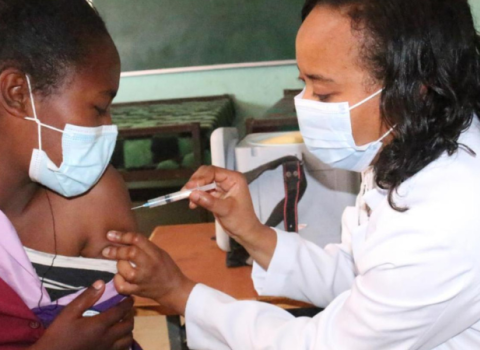Research lead
Rhenovia Pharma, a specialist in neurodegenerative drug development, is making its brain simulation platform available for use in collaborative drug discovery projects.
The company says its system represents one of the most complex multifactorial simulations of brain diseases, modeling synaptic transmission and simulating brain functions, such as learning and memory, in their normal and in pathological states.
This allows testing of the pharmacological properties of a molecule based on its impact on physiological functions. The system can model how a molecule interacts dynamically with the whole CNS. It can handle multiple facets of a disease by searching for combinations of drugs that act simultaneously on multiple targets, and by identifying optimal combinations of two or more drug principles that together provide synergistic pharmacological effects.
Rhenovia says its platform can be applied in discovery, preclinical and clinical stages and to marketed drugs. Typical applications include boosting the activity of drug candidates already in clinical trials, extending the life cycle of a drug, identifying the best molecular targets for drugs under development, and evaluating effective drug combinations. One of the most promising application areas is extending the life of blockbuster drugs that are reaching the end of their patent protection. The company says that by using the platform, pharmaceutical and biotechnology companies will be able to modify or combine drugs to produce a new patentable entity.
"Rhenovia's RHEDDOS program enables pharmaceutical companies to accelerate their R&D and thus shorten time to market,” said Serge Bischoff, CEO of Rhenovia. "We are currently in discussion with a number of potential partners who are looking to improve or extend the life of their existing drugs, and we are confident that our technology will be of considerable use to these companies."





 A unique international forum for public research organisations and companies to connect their external engagement with strategic interests around their R&D system.
A unique international forum for public research organisations and companies to connect their external engagement with strategic interests around their R&D system.